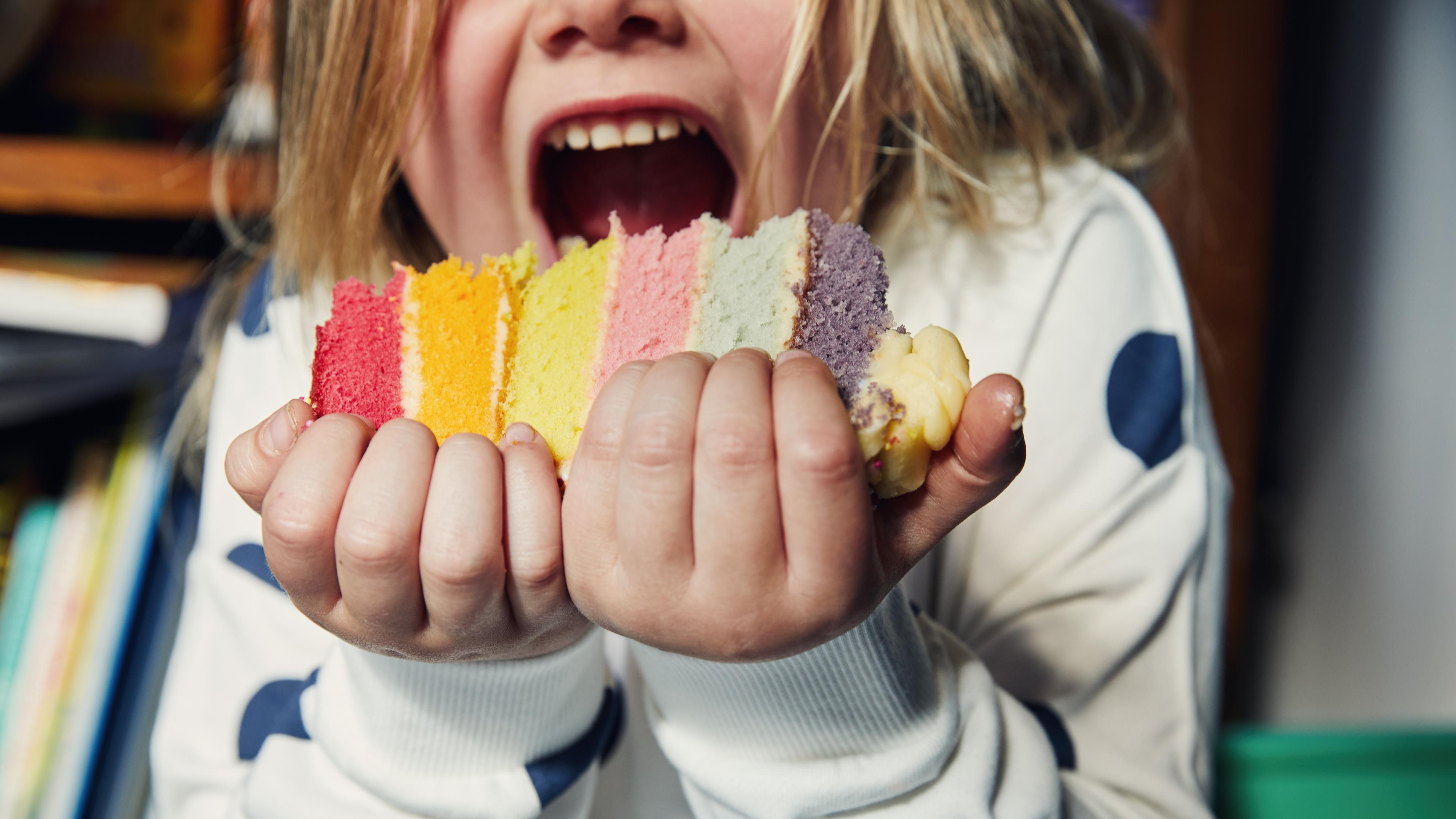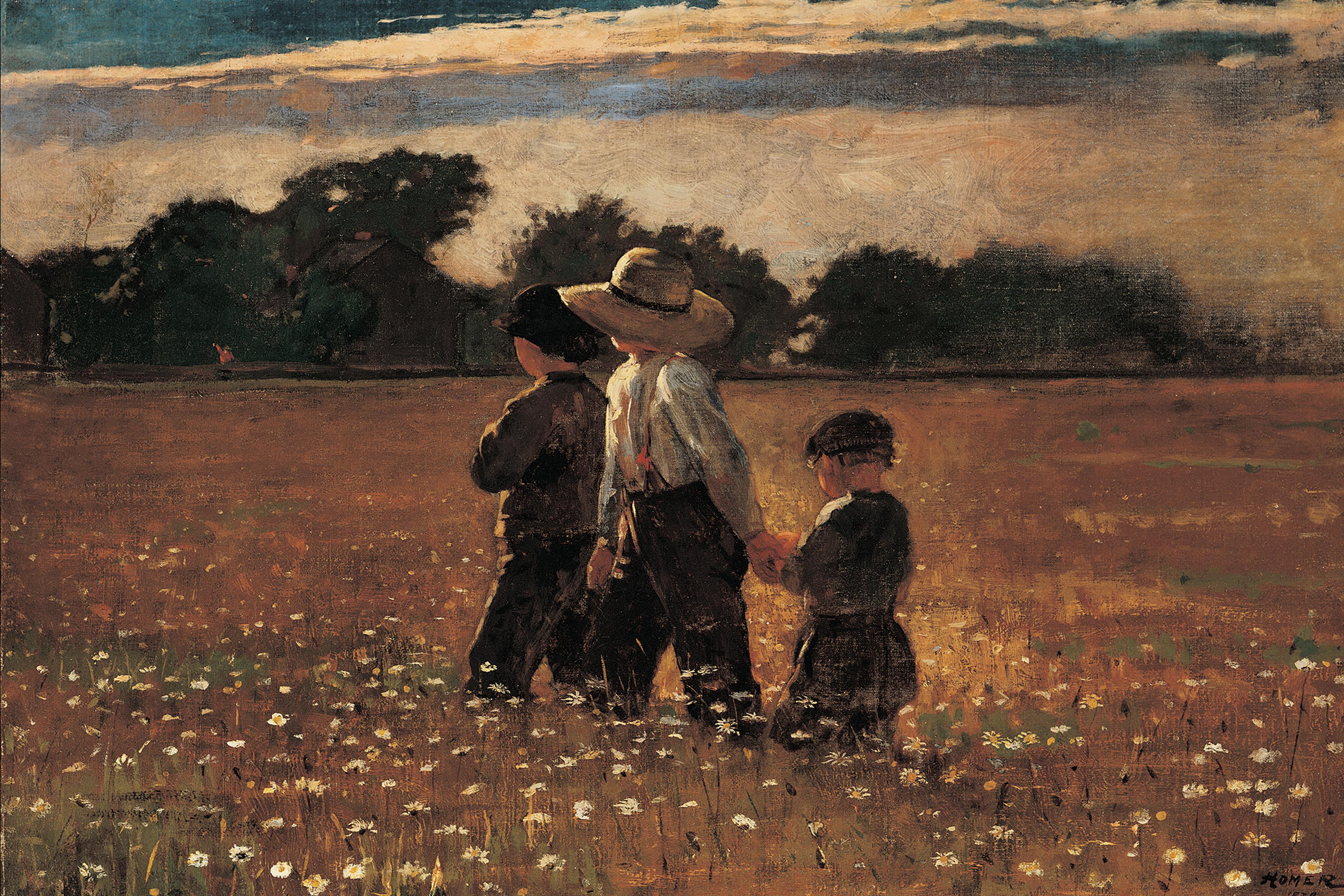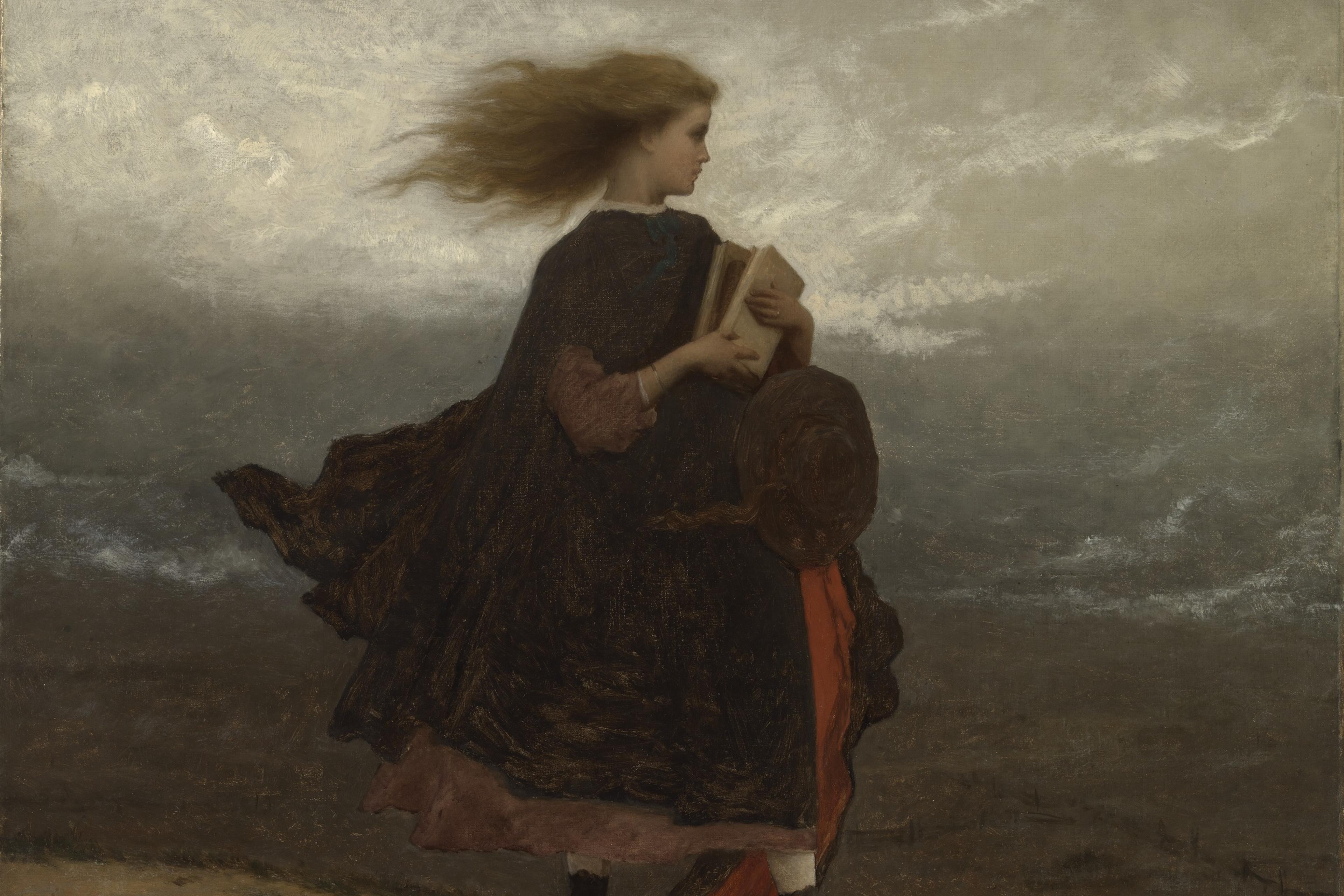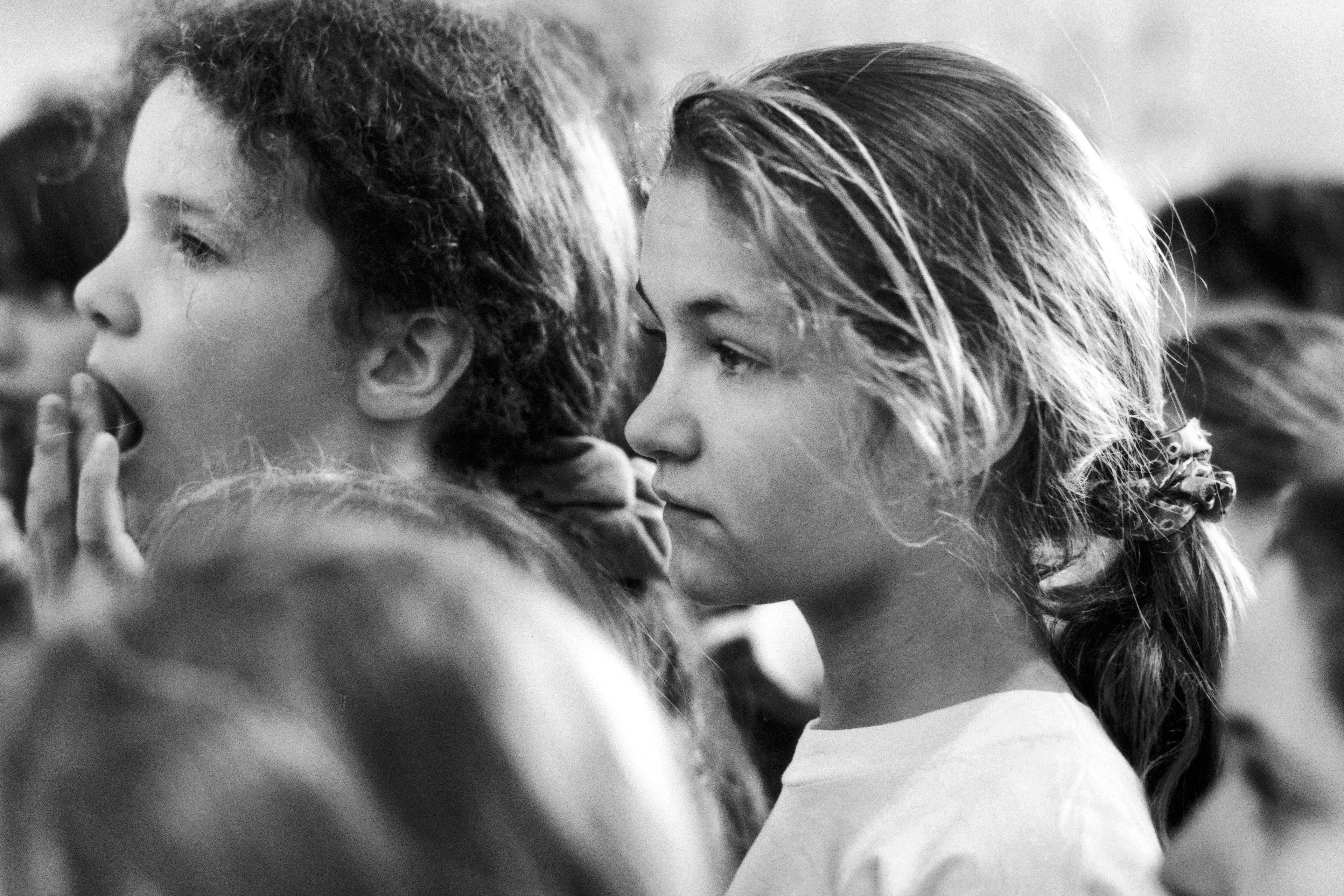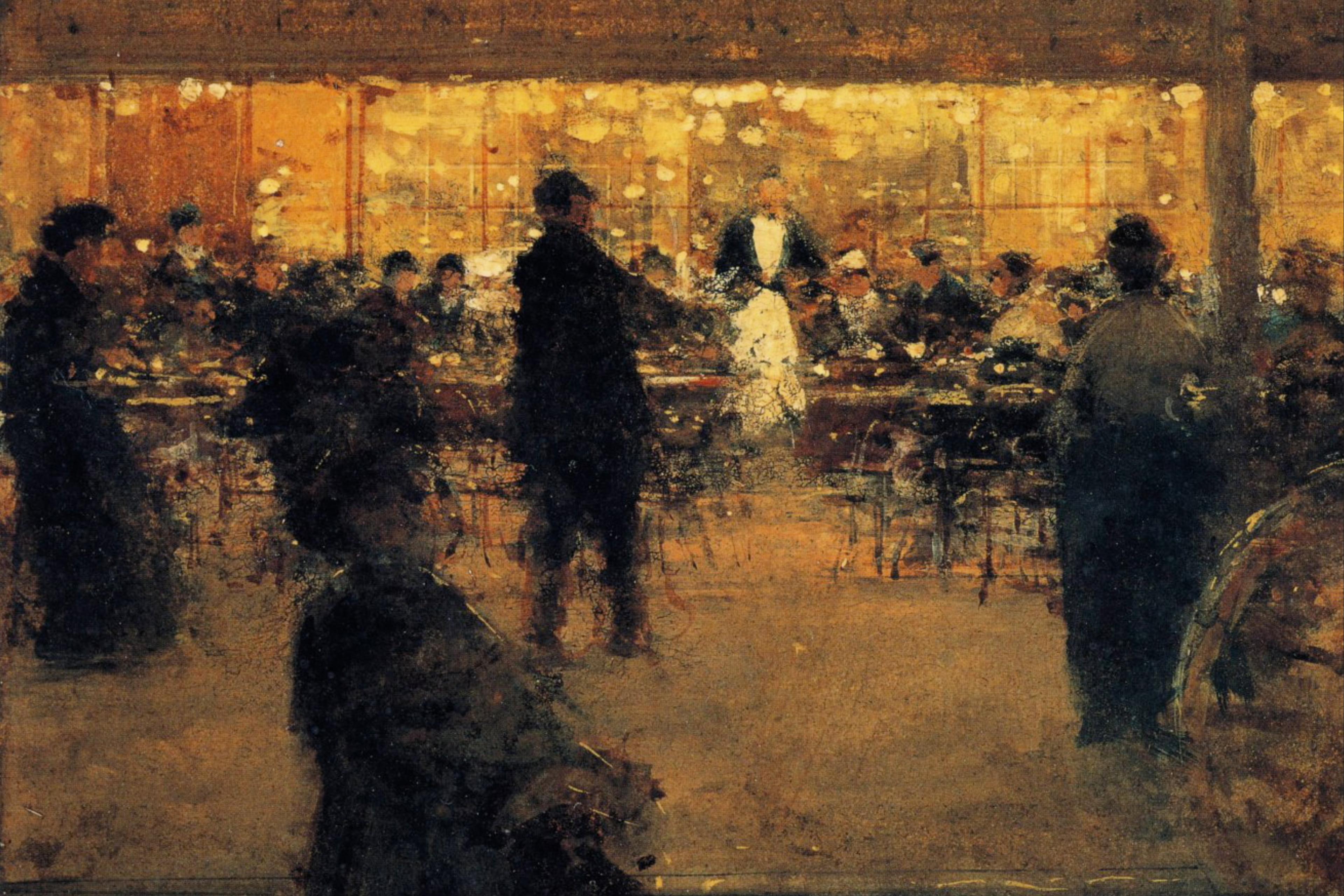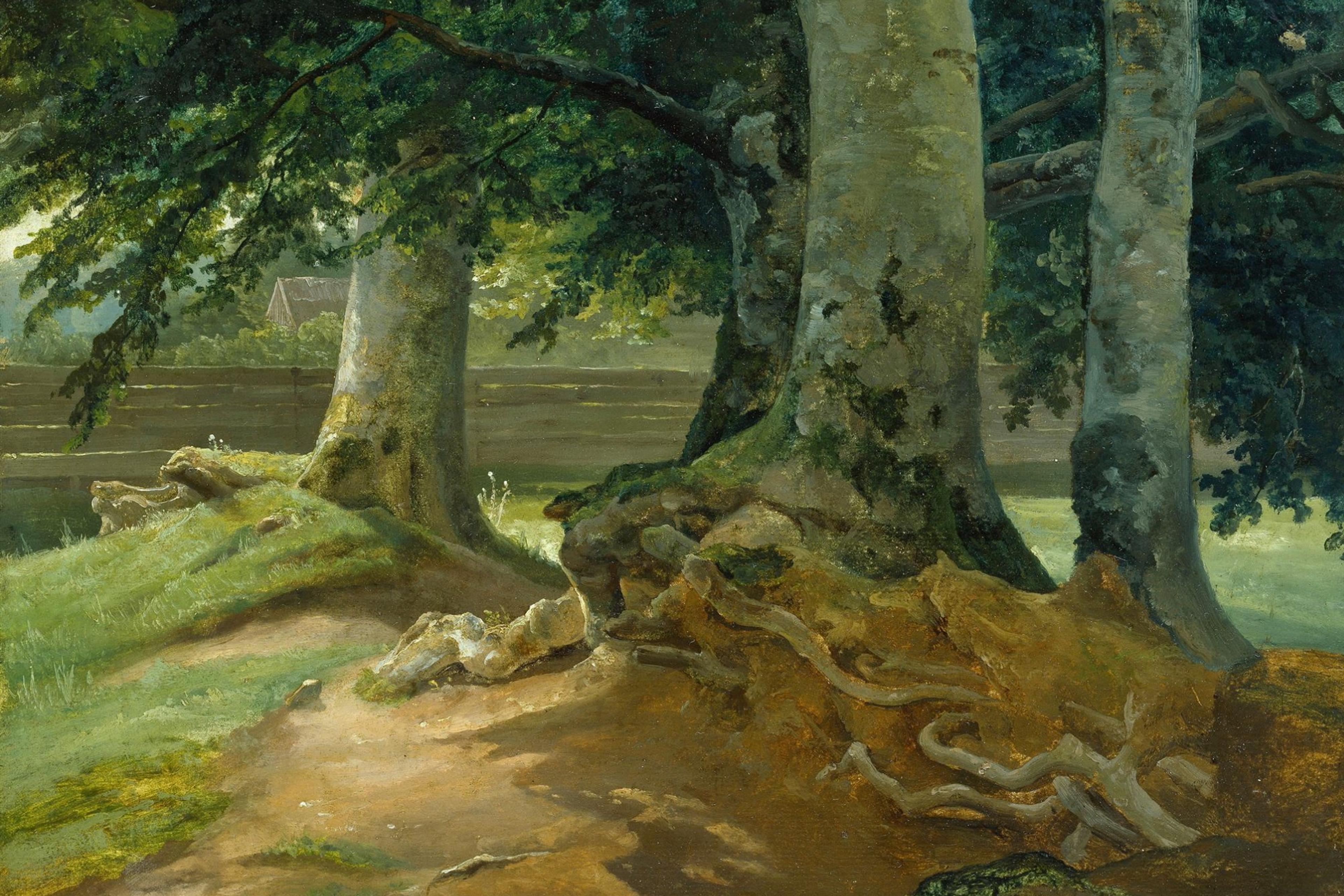Most of us are familiar with nostalgia: a longing remembrance of, say, a wedding, a graduation or a family celebration. It’s a predominantly positive feeling, though it’s mixed with a tinge of longing for what’s already gone. As the author Michael Chabon wrote in The New Yorker in ‘The True Meaning of Nostalgia’ (2017), it’s a moment when ‘you have placed a phone call directly into the past and heard an answering voice.’
That’s the usual take on the emotion, but recently psychologists have come to recognise that there is more than one type of nostalgia, including some varieties that are focused less on the past, and more on the future, called ‘anticipated nostalgia’ and ‘anticipatory nostalgia’ (there’s some indication that other emotions can be experienced in an anticipatory way too, such as enjoyment, anxiety, pride, self-anger and relief, but it’s only in recent years that psychologists have looked at nostalgia in this light).
Anticipated nostalgia is having the foresight that you will one day be nostalgic for a certain experience. ‘Anticipated emotions are expected to be experienced in the future,’ says Wing Yee Verbon Cheung, at the University of Winchester. As the country singer Trace Adkins sang: ‘You’re gonna miss this,/ You’re gonna want this back,/ You’re gonna wish these days hadn’t gone by so fast.’
Meanwhile, anticipatory nostalgia is missing what has not yet been lost, that is still taking place, according to Krystine Batcho at Le Moyne College in Syracuse, New York. Despite having similar names, the distinction between anticipated and anticipatory nostalgia is when the emotion is experienced: the yearn of anticipatory nostalgia occurs in the present moment, whereas the emotional pang of anticipated nostalgia has yet to come.
In this way, the longing feelings of anticipatory nostalgia are premature. ‘Anticipatory [nostalgia] is missing something you still have,’ Batcho says. It’s a complex nostalgia cake with many temporal layers: it contains the longing experience a person is having in the present, an imagined future in which the present has since become the past, and it involves reflections on one’s feelings in the present and in that imagined future.
If you’ve ever been spending time with a loved one who lives far from you and felt pre-emptively wistful that they will soon leave, then you’ve experienced anticipatory nostalgia. If you’ve been in that situation, and you found yourself imagining how, one day, you’ll be nostalgic for their visit, that would be anticipated nostalgia.
Returning for a moment to conventional or ‘personal’ nostalgia, it contains both happiness and sadness, but Cheung points out that research shows its psychological effects to be mostly positive. Batcho agrees that personal nostalgia is associated with mental health benefits: feeling more connected with other people, optimism, and having a deeper sense of meaning and purpose. People who are especially prone to personal nostalgia also tend to be more engaged in current events than average, according to studies. (However, there is another form of past-focused nostalgia called historical nostalgia or anemoia – missing a time period in the past that you didn’t actually live through – and it’s associated with dissatisfaction with the present, cynicism, or pessimism.)
What about the newly recognised, future-focused forms of nostalgia? Anticipated nostalgia also seems to have mostly positive side-effects, such as increased savouring of the moment, but the same doesn’t seem to be so true for anticipatory nostalgia.
Batcho helped to develop the ‘Survey of Anticipatory Nostalgia’ to assess people’s proclivity for anticipatory nostalgia. She and her colleagues found that people with a greater inclination to think about the future also tended to experience more of this anticipatory kind of nostalgia more often. Also, people with a tendency for anticipatory nostalgia struggle to enjoy the present moment, and they distance themselves from experiencing it, so as to feel less hurt when it ends. They can also have a tendency toward sadness and worry.
‘Premature nostalgia can make a parent feel sad watching their toddler play, because we know that those early days of innocence can’t last forever as the child will mature,’ Batcho says.
Still, anticipatory nostalgia isn’t all bad: sometimes people might feel it on tough days so that those moments are easier to live through. In another recent study of anticipatory nostalgia, Batcho and her colleagues mentioned a blog post they found from 2020, titled: ‘COVID-19 lockdown nostalgia: It was a scary time, but I will miss our enforced family togetherness’.
In that study, Batcho’s team focused on anticipatory nostalgia in marketing and advertising, for instance the way that ads from the photo company Kodak remind us that life’s little moments don’t stay forever and their products promise to save us from crying over missed special moments. Through their experiments, the researchers similarly found that anticipatory nostalgia could decrease enjoyment and positive moods in pleasant situations, but that it could increase enjoyment in unpleasant ones by making the present moment feel more precious.
‘During times of hardship, anticipatory nostalgia can soften the negative emotions and evoke more positive feelings,’ Batcho says. ‘Despite the stress of difficulties, anticipatory nostalgia reminds a person of how they will miss the value of the good aspects.’
Carving up nostalgia like this matters because the different strands of nostalgia influence us in a variety of ways. ‘Understanding differences between types of nostalgia can help people maximise the benefits of nostalgia and avoid potential pitfalls or negative aspects,’ Batcho says. When she was spending time with a sick family member, she found herself already missing the moments they were having between them, but in a way that she appreciated.
‘I now welcome anticipatory nostalgia as it reminds me to appreciate the moments, both good and bad, that make up what is most important in life,’ she says.
After learning about anticipated nostalgia, Cheung says she was motivated to create a richer ‘memory bank’ with her family. ‘I would look forward to having more positive, meaningful experiences with them, to look back on in the future,’ she says.
Nostalgia, in its many forms, has long been our companion. As a 1977 paper on nostalgia noted:
The experience of nostalgia … has been a major theme in myth and poetry; the Bible, Homer’s Odyssey – the literature of all ages – give eloquent voice to this human phenomenon; indeed, there is scarcely a person who has never experienced it.
But if you notice that a version of nostalgia during happier times is robbing you of enjoying the present moment, or that the present moment is always coloured with grief, because it will one day be gone – the new findings suggest it could be worth loosening your grip on what’s to come.
‘I also want to have emotional experiences in a natural way, and not to chase after it per se,’ Cheung says. ‘I imagine [nostalgia] is similar to the paradox of happiness – the more you seek to directly attain it, the less happy you are likely to feel.’
